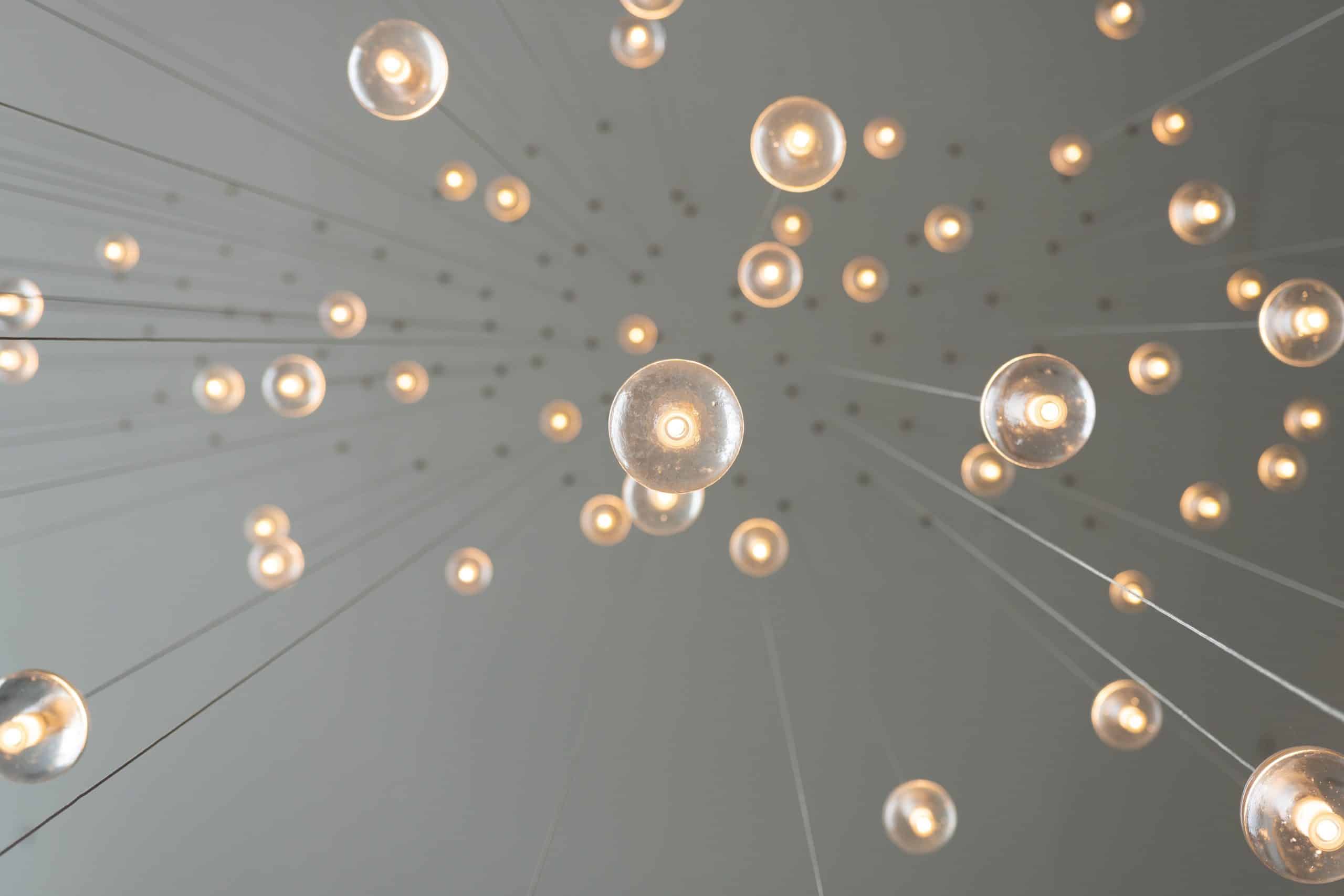Three Companies Rewarded for Innovation in Emergencies
The Innovation Board of the French Society of Emergency Medicine (SFMU) and its partner, the Digital Medical Hub of the Public Hospitals of Paris (AP-HP) have held a “2022 Innovation in Emergencies Competition” event to reward promising companies offering innovative solutions for handling medical emergencies. The Awards were presented on June 13, 2022.
The SFMU Award was won by Posos, a decision-making tool for use by caregivers.
The role of Posos is to help healthcare professionals to improve their care by providing them with the most appropriate medical information for each patient. It does this by using AI to instantly look up drug and pathology information from 150 different sources, based on the patient’s data.
Resaam won the SFMU and Hôpital Foch Award. This software transforms the healthcare systems’ transport coordination process from a manual, time-consuming one open to human error, to an automated, efficient and intelligent one.The Jury’s Special Award went to Quantiq, which has developed a technology that enables a standard smartphone to be used to measure the heart rate, respiratory rate—and soon, oxygen saturation (SpO2)—of patients by analyzing their face.
CNRS 2022 Innovation Medal Laureates
Created ten years ago, this distinction is awarded to people whose outstanding research has resulted in innovations that have major technological, economic, therapeutic and social benefits, rewarding French scientific research. They were presented with this medal on June 16, 2022 by Sylvie Retailleau, the French Minister of Higher Education and Research, and Antoine Petit, the Chairman and CEO of CNRS. Three of the four laureates conduct healthcare-related research.
At the Digital Photonics & Nanosciences Laboratory (LP2N) (CNRS/ Institute of Optics Graduate School/ University of Bordeaux) in Talence, southwestern France, Pierre Nassoy focuses on the stem cell therapies of tomorrow, including those against tumors and Parkinson’s disease, giving rise to numerous patents. After maturing the technology at the CNRS, his business TreeFrog Therapeutics is one of the most notable and award-winning French startups in recent years, both in France and internationally. Its breakthrough technology reliably produces large volumes of high-quality stem cells, and the business recently opened its first subsidiary in the United States.
At the Nanomaterials for Systems Under Extreme Stress Laboratory (LN3SE) (CNRS/ French-German Research Institute of Saint-Louis/ University of Strasbourg), Denis Spitzer has invented two processes that make it easier to study, formulate and produce sub-micron particles than in any other process. They can continuously produce industrial quantities of compounds for the pharmaceutical, cosmetic or agrifood industries or the energy transition sector (batteries, solar cells, etc.). These cost-effective processes have given rise to 18 patents, including six international ones, as well as many partnerships. Denis Spitzer generates revenues from his discoveries through his business Spinofrin.
Céline Vallot and her team focus on the nongenetic mechanisms, particularly epigenetic ones, which could explain the adaptability of cancerous cells. She is the joint inventor of two groups of patents and two software tools that people with no special computing skills, such as biologists or physicians seeking new therapeutic targets, can use to rapidly and interactively analyze cell data. The CNRS research director of the Dynamics of Genetic Information: Fundamental Bases & Cancer Laboratory (LDIG-Cancer) (CNRS/ Curie Institute/ Sorbonne University), she created the startup One Biosciences which aims to become the global leader in precision medicine for complex diseases.
2022 E-Health Awards Laureates
For this 2022 edition, 116 companies were submitted in seven categories. Here are the laureates rewarded by a Grand Jury of Experts on June 28, 2022 in Castres:
The OSO project won the ‘Grand Prix’, the Award for the ‘Wellbeing and independence’ category and the Business Model Award. This service, which assists vulnerable people and their caregivers, uses an online acoustic sensor that can be installed in a room in a matter of minutes. The algorithms developed by OSO-AI can interpret what is happening there, to warn the person’s caregivers or loved ones if a serious incident occurs (a fall or a call for help, for example).
Présage won the Award for the ‘Healthcare professionals and caregivers’ category. This business is developing an AI-based medical system that anticipates the worsening of the health of senior citizens in their own home, predicts 80% of all cases requiring emergency hospitalization between seven and 14 days in advance, reduces the number of avoidable hospitalizations by analyzing the person’s functional condition and strengthens the caregiver-patient relationship. This medical telemonitoring solution helps the elderly to continue to live in their own home and increases their independence.
The ‘Covid-19’ Award and the ‘Internet users’ Award were won by S.T.R 1-2-3. This consists of a rapid networked teleassessment service providing remote consultations in this collaborative Connected Health project designed and developed by healthcare professionals for physicians, pharmacists and paramedics. Its mission is to improve equal access to healthcare and eliminate ‘medical deserts.’
The Award for the ‘Big data AI’ category was won by Pelargos, developed by B&A Biomedical in Marseilles. ASDs (autism spectrum disorders) develop in utero but can only be diagnosed when the child is 3–5 years old, reducing the effectiveness of psycho-educational counseling. B&A Biomedical is validating a large-scale program (with 4,000 babies born in several maternity wards) using machine learning technology to identify at birth whether or not the babies may have an ASD, and the factors affecting the diagnosis. This analysis based on the data available in the maternity wards is a world first.
The Handicap Award and the Jury’s Special Award were won by Ora Medical (Montreal, Canada). Ora Medical uses an AI-based digital coach to help patients with debilitating conditions to walk, by developing clinically approved programs enabling them to progress.
- The Award for the ‘Patients’ category was won by Dépist&vous. The mission of Dépist&vous is to build personal awareness of cancers and help everyone to behave responsibly by using a simple, personalized and educational digital solution encouraging cancer prevention and screening. A screening schedule is used to send personal reminders by SMS or email. The solution includes cartoons, articles, video clips and testimonials.
- The Award for the ‘Healthcare, medical and welfare institutions’ category was won by Medicotech, for its Actis Oncology project. This innovative tool is intended to increase the number of cancer patients included in clinical trials. Actis Oncology is available in the OncoClic application and can be used to rapidly and easily find a clinical trial.
Axelife Wins the IoT Lab Award
On June 30, 2022, the sixth edition of the IoT Awards took place during the IoT World + MtoM conference and exhibition in Paris. The startup Axelife was among the six laureates. This medtech research business is developing an ‘AI serving the heart’ solution in collaboration with the University of Paris XIII. The project, which began in June 2021 and is due to continue until June 2023, aims to analyze pulse waves in order to improve the prevention of cardiovascular risks. Its Chairman, Magid Hallab, hopes that this Award will enable his business to “increase its legitimacy and establish itself as a key player in the prevention and study of the risk of cardiovascular disease by the use of neural networks, machine learning and soon, deep learning.”




